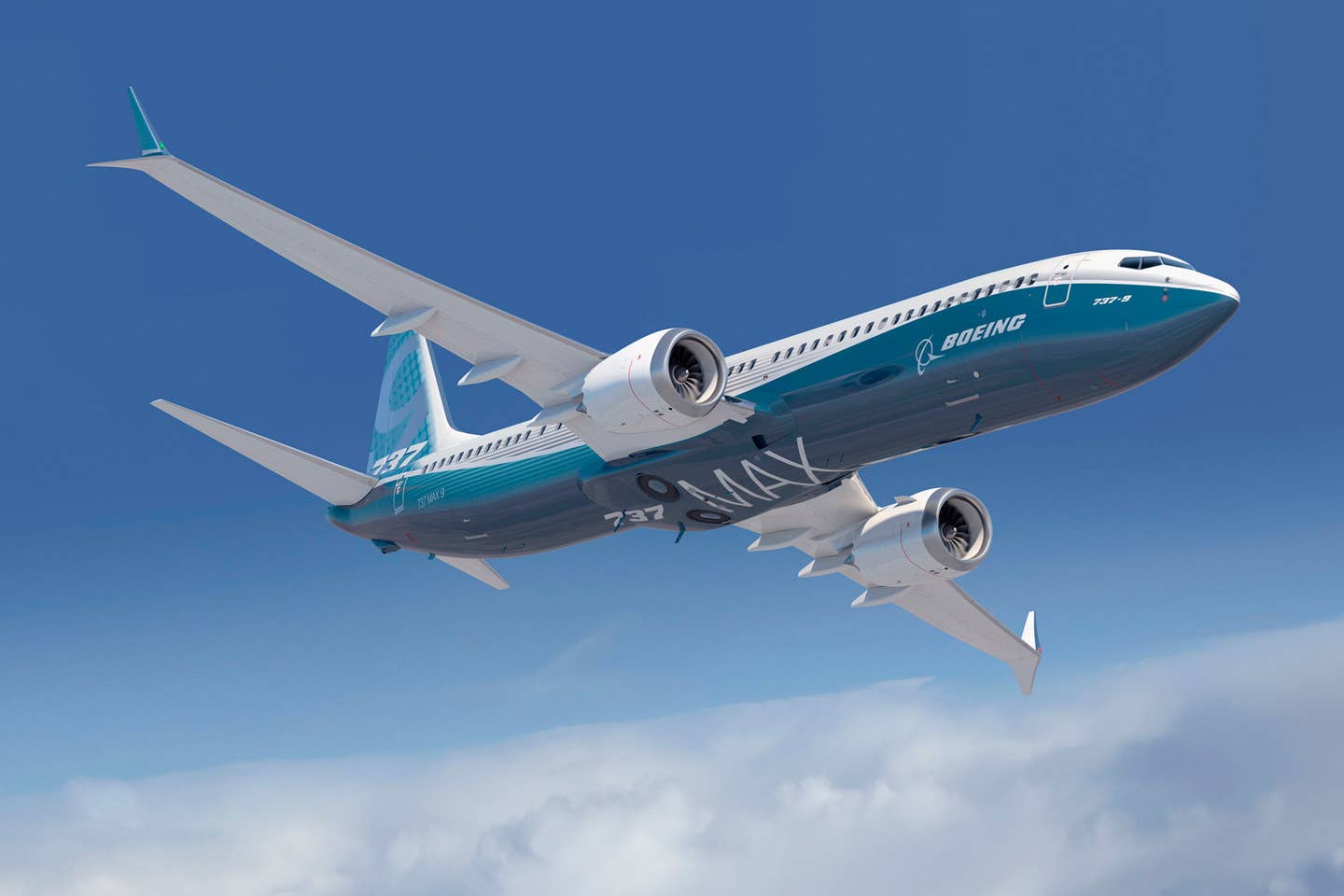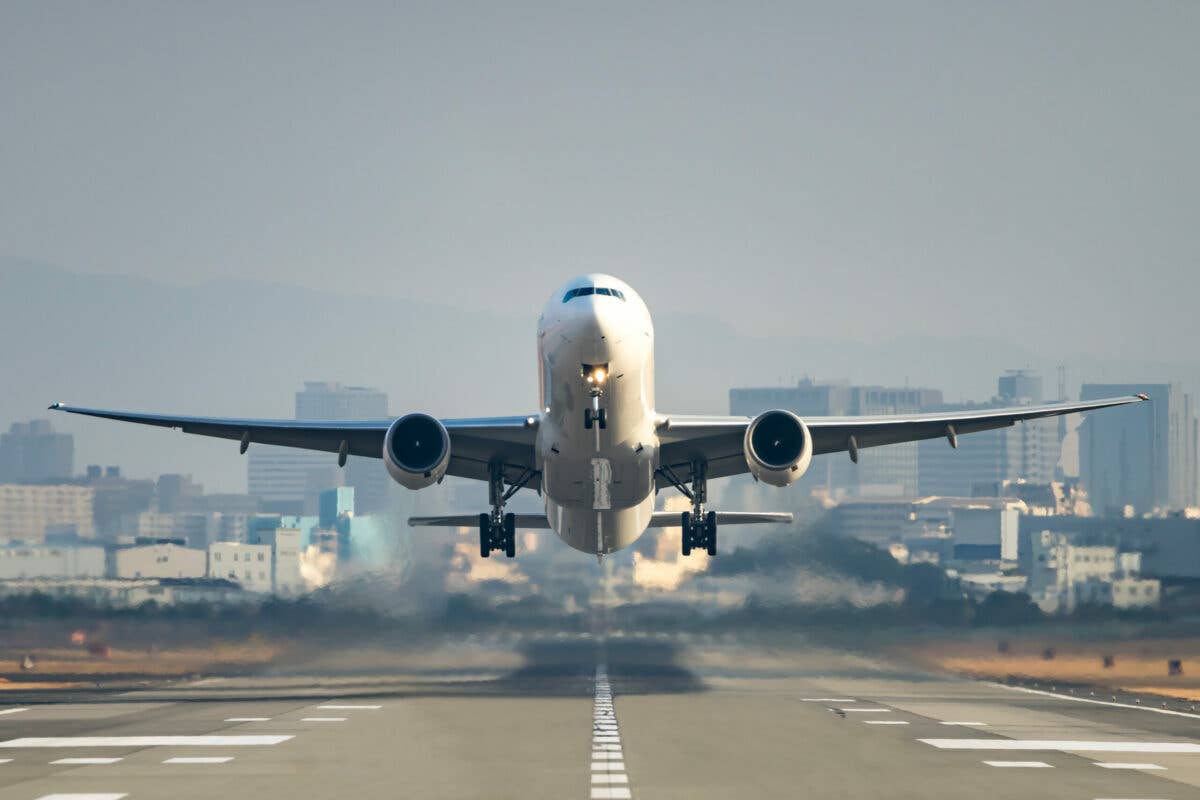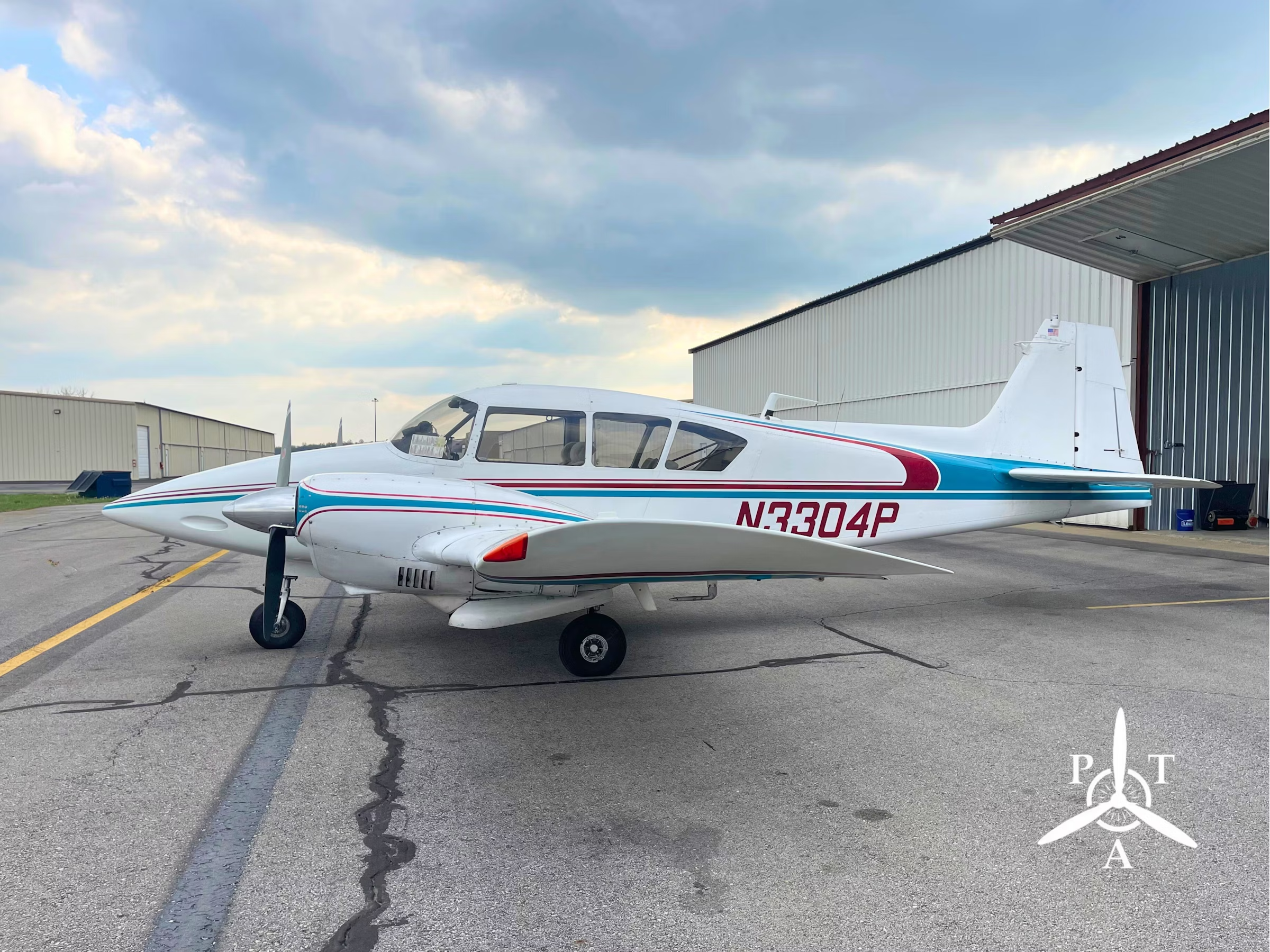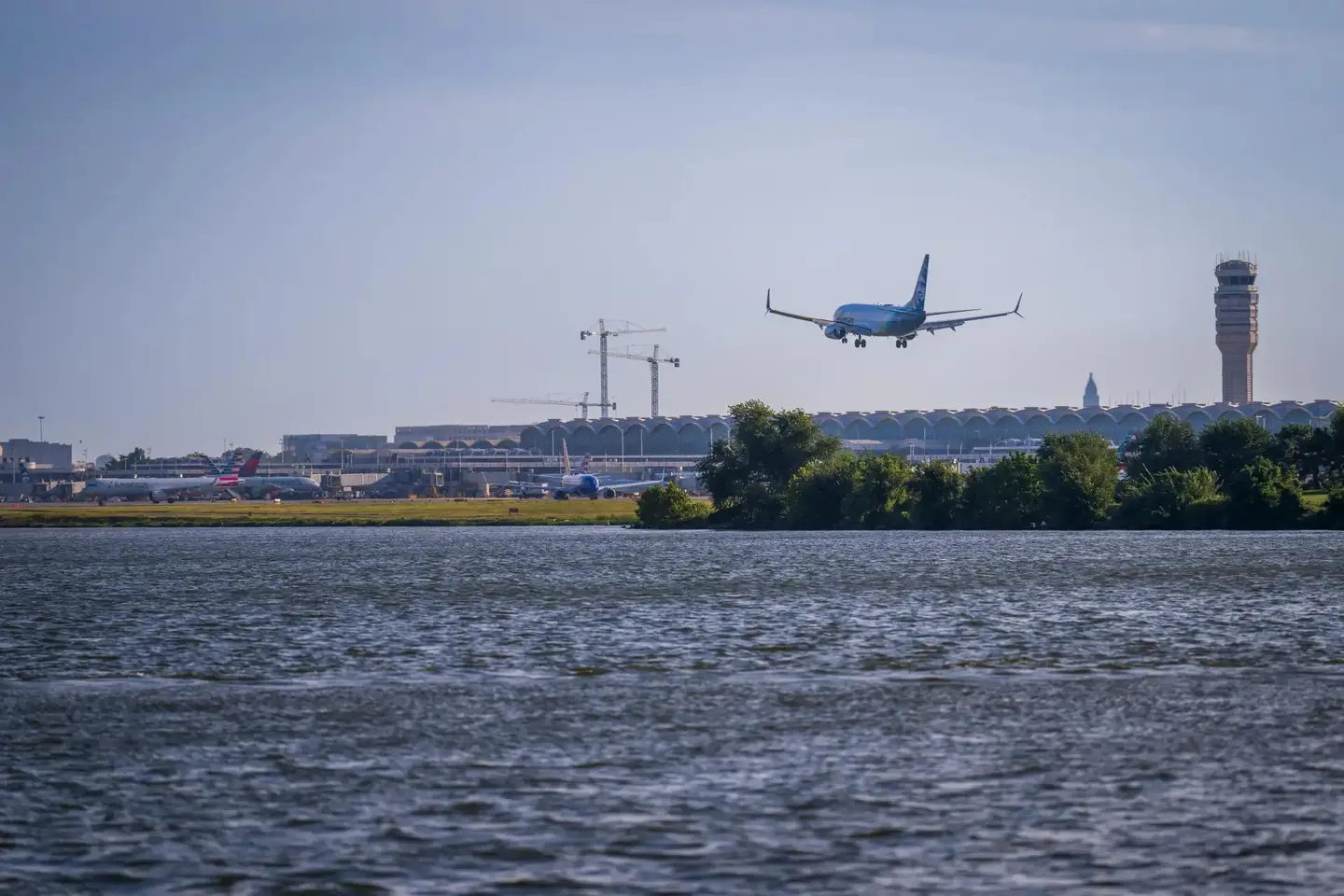
After Boeing made changes to the 737 Max, U.S. carriers American Airlines, United Airlines and Southwest Airlines are all now flying it. Boeing
Former Boeing 737 Max Chief Technical Pilot Mark Forkner faces federal charges accusing him of scheming to defraud Boeing customers and deceiving the Federal Aviation Administration (FAA).
The indictment, returned Thursday by the grand jury in the Northern District of Texas, alleges that Forkner, 49, committed fraud in an attempt to obtain tens of millions of dollars for Boeing and deceived the FAA’s Aircraft Evaluation Group (AEG) during evaluation and certification for the 737 Max.
The FAA certified the 737 Max in 2017. But crashes of the airliner off Indonesia in 2018 and in Ethiopia in 2019, killed a total of 346 people. The disasters aboard Lion Air Flight 610 and Ethiopian Airlines Flight 302 eventually prompted aviation regulators to ground the type around the world.
Investigators have said the airliner’s Maneuvering Characteristics Augmentation System (MCAS) was to blame for both crashes.
Forkner is accused of “intentionally withholding critical information about MCAS during the FAA evaluation and certification of the 737 MAX and from Boeing’s U.S.‑based airline customers,” said Assistant Attorney General Kenneth A. Polite Jr. of the Justice Department’s Criminal Division in a release. According to the statement, Forkner’s motive for allegedly withholding information was to save Boeing money.
Boeing has said MCAS was monitoring the angle of the airplane based on data from just one angle of attack (AOA) sensor instead of two. During the two crashes, the AOA sensor “gave incorrect information to MCAS,” Boeing has said, “which caused it to activate.
“In both crashes, MCAS engaged repeatedly when the sensor continued to incorrectly report a high AOA.”
Citing court documents, the Justice Department statement said “Forkner provided the agency with materially false, inaccurate, and incomplete information about” MCAS. “Because of his alleged deception,” the statement said, “a key document” published by the AEG failed to reference MCAS at all. Boeing’s U.S.-based airline customers “were deprived of important information” that might have influenced their decisions to buy 737 Max airliners, the statement said. The Justice Department put it bluntly: “Forkner allegedly abused his position of trust.”
Forkner’s attorney did not immediately respond to FLYING’s request for comment.
Forkner is charged with “two counts of fraud involving aircraft parts in interstate commerce and four counts of wire fraud,” according to the indictment. Forkner is expected to appear in court Friday in Fort Worth, Texas. Forkner currently lives in nearby Keller, Texas, according to the Justice Department.
Scathing Details from the Indictment
The indictment offers scathing details surrounding the allegations by federal prosecutors. It alleges that Forkner was aware that MCAS had been changed to allow it to engage at lower speeds but he failed to notify the FAA about the change.
The indictment includes a message from Forkner to another Boeing employee, “Oh shocker alert! MCAS is now active down to [Mach] .2 / It’s running rampant in the sim on me / at least that’s what [a Boeing simulator engineer] thinks is happening.”
According to the indictment, the Boeing employee responded: “Oh great, that means we have to update the speed trim description in vol 2.”
Then, Forkner allegedly acknowledged, “so I basically lied to the regulators (unknowingly).”
“It wasn’t a lie,” the employee messaged back, “no one told us that was the case.”
Boeing Makes Changes and Apologizes
While the 737 Max was grounded, Boeing modified MCAS to include data from two AOA sensors. The MCAS is now designed to activate once—only if both sensors agree, according to Boeing. The company says “MCAS will never override the pilot’s ability to control the airplane using the control column alone.”
Following extensive pilot training, the FAA certified the MCAS with its new modifications. FAA Administrator Steve Dickson signed an order in November 2020, paving the way for the aircraft to return to service. U.S. carriers American Airlines, United Airlines and Southwest Airlines are all now flying the Max.
To settle criminal charges related to conspiracy to defraud the FAA surrounding the crashes, Boeing agreed earlier this year to pay more than $2.5 billion. Boeing apologized to victims’ families publicly in 2019.

Sign-up for newsletters & special offers!
Get the latest FLYING stories & special offers delivered directly to your inbox






